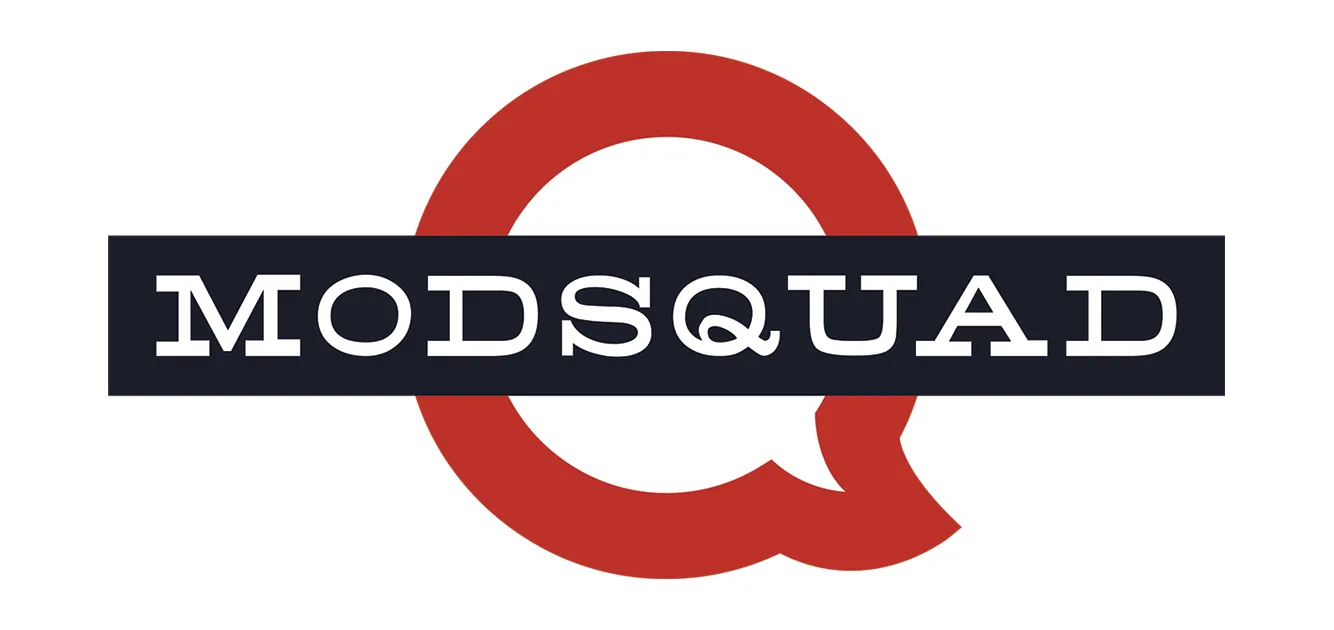
What Can I Do?!
 Susan South has written some great blog posts for parents for monitoring and protecting their children online. It got me thinking about other types of unfortunate situations children and parents might encounter online.
Susan South has written some great blog posts for parents for monitoring and protecting their children online. It got me thinking about other types of unfortunate situations children and parents might encounter online.
Children today are exposed to so much more than I remember from when I was a kid. Or maybe with the internet, we are just more aware of it now than we were then.
Way back when I was a kid if a child expressed depression or thoughts of self-harm, parents were immediately involved. Teachers were alerted. Counselors were called in.
Today, the statistics are alarming. Per the American Foundation for Suicide Prevention (http://www.afsp.org/):
- Suicide is the fifth leading cause of death among those 5-14 years old.
- Suicide is the third leading cause of death among those 15-24 years old.
- Risk factors for suicide among the young include suicidal thoughts, psychiatric disorders (such as depression, impulsive aggressive behavior, bipolar disorder, certain anxiety disorders), drug and/or alcohol abuse and previous suicide attempts, with the risk increased if there is situational stress and access to firearms.
Often, kids are not telling their parents or their friends. They are posting their thoughts online in forums where their identity is protected. So what can parents, community members, and concerned friends do?! We do not know anything about them except their online names. What do we do?
As moderators, we should have a clear course of action predetermined with our clients. While some of your plan will be determined by the demographics of your site, some suggestions are:
Do not ignore the post. It should be removed from the site and the claim reported to your client or site operator. This might seem contradictory, but most sites for children consider suicide and self-harm to be inappropriate topics of discussion.
If the threat is IMMINENT, report to your local authorities if you have sufficient identifiable information.
Any communication with the user should be through private message if your site allows it or via email. You can
- Urge them to call 911 or the National Suicide Prevention Lifeline at 1-800-273-TALK (8255) if the threat is immediate.
- We want to urge users that they SHOULD talk about these feelings in the appropriate venue where they can get real help. Provide online support sites. Some are
- National Suicide Prevention Lifeline: http://www.suicidepreventionlifeline.org/
- Society for the Prevention of Teen Suicide: http://sptsusa.org/
- The Trevor Project: http://www.thetrevorproject.org/
- ReachOut: http://us.reachout.com/ – One of Metaverse Mod Squad’s incredible partners.
Do you try to determine if the threat is real or not? No! Each instance should be treated as a very real cry for help. We understand that children experiment. Today, part of socialization includes online behavior which can enhance their confidence offline. It gives them a venue to discuss things they do not have in common with their real life friends. However, some children might post a suicide or self-harm comment simply to see what reaction they will get. If you are able to send emails to the users on your site, show them that the reaction is concern and not the drama they might have anticipated.
These are difficult topics. Having a plan in place will help you react calmly and quickly while still doing what you can to help.
Elizabeth Weil
Senior Manager

